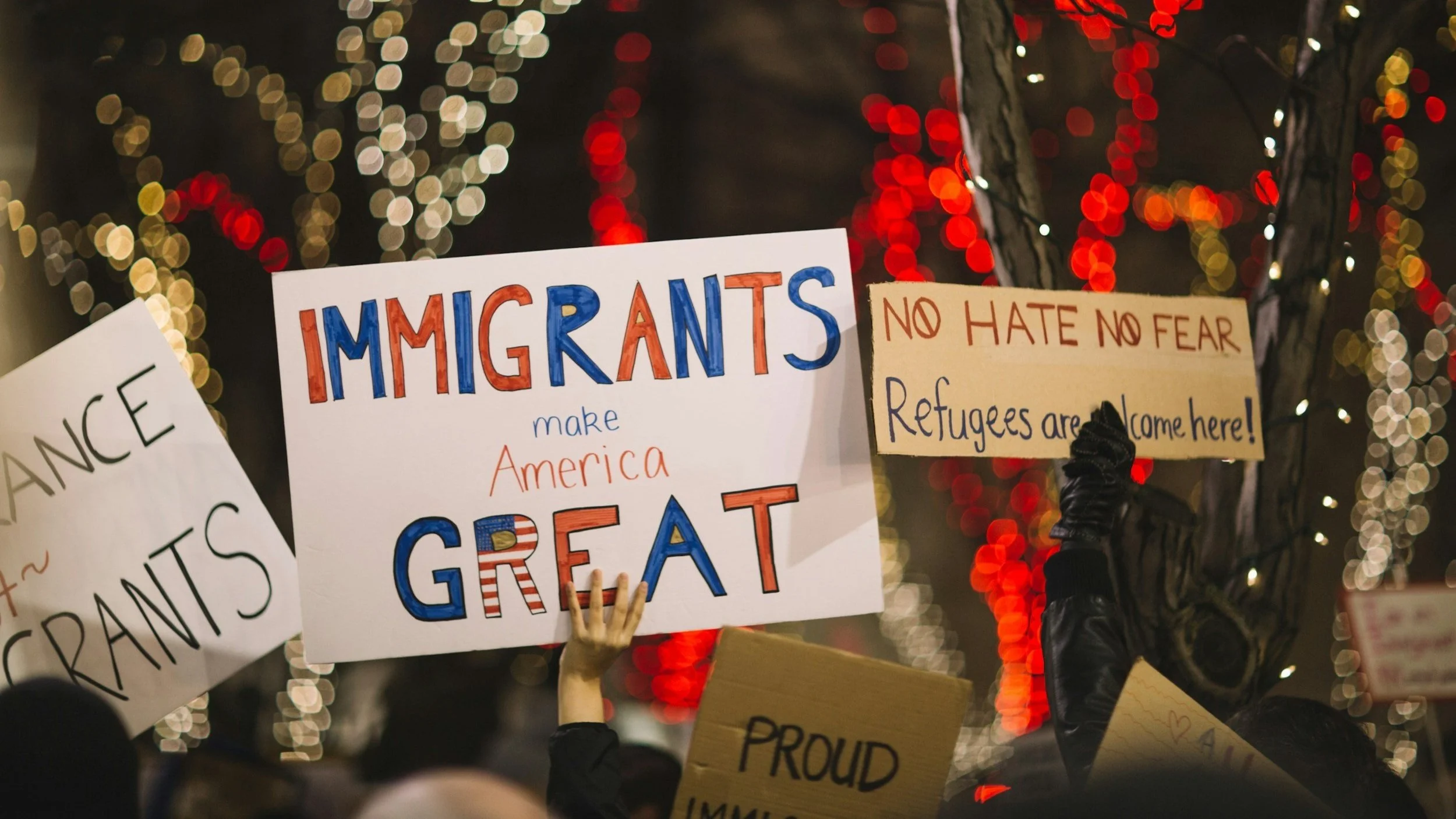DOJ Challenges Illinois E-Verify Law: What Workers Should Know
The DOJ challenges Illinois’ E-Verify law in a case that could reshape how states protect workers’ rights in employment verification processes. In May 2025, the U.S. Department of Justice filed suit against the State of Illinois over its amended Right to Privacy in the Workplace Act—specifically, Public Act 103-0879, which added new E-Verify notification requirements for employers.
The DOJ claims these protections unlawfully interfere with the federal government’s exclusive authority over immigration enforcement. But for Illinois workers—especially immigrants—these safeguards represent vital privacy and anti-discrimination protections in an increasingly complex hiring environment.
O’Malley & Madden, P.C. previously explored the scope of these amendments in our blog, “Right to Privacy in the Workplace Act: Understanding E-Verify Protections in 2022”. Now, we turn our focus towards the DOJ’s legal challenge and what it means for Illinois employees moving forward.
Illinois’ E-Verify Law: A Quick Recap
The Right to Privacy in the Workplace Act has long limited how employers in Illinois can use E-Verify, the federal electronic system that compares Form I-9 data with government databases. Unlike many other states, Illinois does not require employers to use E-Verify and prohibits state or local governments from mandating its use.
Public Act 103-0879, enacted via SB0508 and effective January 1, 2025, strengthened these protections by requiring employers to notify employees of any mismatch or “tentative nonconfirmation” (TNC) generated by E-Verify. That notice must be in writing, in the employee’s preferred language, and must inform them of the right to contest the discrepancy before facing adverse employment action. Employers are also required to post official notices, provide comprehensive training, and refrain from retaliatory behavior.
These rules reflect Illinois’ strong position on workplace privacy. To understand the full scope of these amendments, see our prior article breaking down the 2025 E-Verify changes.
Why the DOJ Challenges Illinois E-Verify Protections
The DOJ challenges Illinois’ E-Verify law because it claims that SB0508 unlawfully intrudes on federal immigration authority. In its official press release dated May 1, 2025, the Department of Justice announced that it had filed a lawsuit against the State of Illinois, the Illinois Department of Labor, Director Jane Flanagan, and Attorney General Kwame Raoul. The complaint asserts that SB0508 imposes confusing procedural requirements, threatens employers with steep penalties, and actively discourages use of the federal E-Verify system.
Attorney General Pamela Bondi stated: “Any state that incentivizes illegal immigration and makes it harder for federal authorities to do their job will face legal consequences from this Administration.” She emphasized that the DOJ remains committed to protecting American workers, enforcing federal immigration law, and preventing unauthorized employment.
As reported by the National Law Review, the DOJ's complaint asserts that SB0508 “creates an obstacle to federal objectives” by adding confusing procedural requirements and discouraging employer participation in E-Verify. It notes that these additional state-imposed rules, particularly regarding the timing, language, and manner of employee notifications, threaten to deter employers from using the system entirely—an outcome that the federal government claims undermines immigration enforcement priorities.
The DOJ’s legal argument rests on the Supremacy Clause of the U.S. Constitution and the Immigration Reform and Control Act of 1986. The federal government alleges that Illinois’ law conflicts with these authorities by imposing state-level restrictions on a federal program. In particular, the complaint criticizes the law’s mandated advance notification, language-specific delivery requirements, and the threat of civil penalties (with fines as high as $10,000) for noncompliance by employers. According to the DOJ, these measures could allow undocumented workers to avoid detection by skipping work on inspection days, thereby obstructing enforcement.
The lawsuit, United States v. State of Illinois et al., No. 1:25-cv-04811, is pending in the U.S. District Court for the Northern District of Illinois. Importantly, the claims are still allegations, and no determination of liability has been made.
This legal clash presents a familiar constitutional question: how far can states go in shielding workers without encroaching on federal immigration control? Illinois argues it is upholding civil rights and due process in the workplace. The DOJ claims it is defending national immigration enforcement authority. The resolution could set a national precedent.
What Illinois Workers and Attorneys Should Know Now
Even though the DOJ challenges Illinois’ E-Verify law in court, SB0508 remains entirely in effect unless a federal court rules otherwise. As of now, Illinois employers are legally required to follow the amended Right to Privacy in the Workplace Act.
This means:
Workers cannot be pre-screened using E-Verify before a job offer is extended.
If an employee receives a tentative nonconfirmation, the employer must provide written notice in the worker’s preferred language.
Employees must be given the opportunity to contest errors in their records before any adverse employment action is taken.
Employers cannot retaliate against workers who file complaints or raise concerns about E-Verify usage.
Attorneys representing workers—particularly immigrants or individuals flagged during the verification process—should closely monitor the litigation and advise clients to document any violations. Employers should continue complying with Illinois law unless and until a court enjoins enforcement. With high financial penalties and reputational risks at stake, proactive legal guidance is strongly recommended.
Protecting Civil Rights as the DOJ Challenges Illinois’ E-Verify Law
As the DOJ challenges Illinois’ E-Verify law, the case has far-reaching implications for employee privacy, immigration enforcement, and state sovereignty. While the federal government argues it must remove obstacles to rooting out unauthorized employment, Illinois maintains that due process and anti-discrimination protections are not obstacles—they are obligations.
Our legal team continues to advocate for workers facing verification-related issues, employment discrimination, or retaliation. If you believe your rights under the Right to Privacy in the Workplace Act have been violated, or if you need help navigating the shifting legal landscape, we’re here to help.
To protect your rights and receive experienced, principled representation, please contact the Chicago-based law firm of O’Malley & Madden today.

